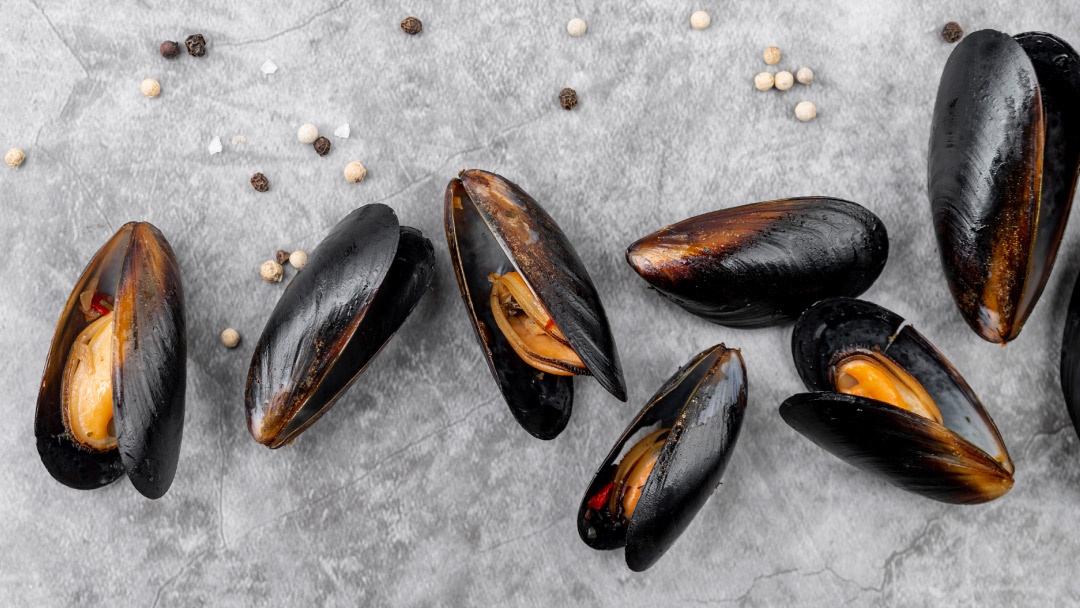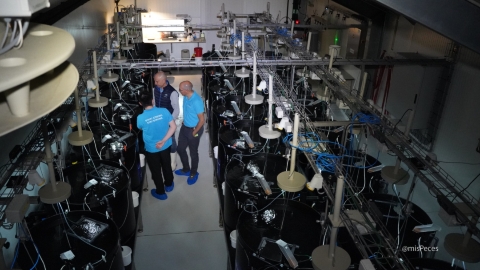
Researchers from the Ruđer Bošković Institute, in collaboration with Cromaris, a Croatian aquaculture company, have highlighted mussel meal as a promising feed supplement to enhance the nutritional profile of gilthead seabream (Sparus aurata) while boosting the sustainability of aquaculture practices.
This study demonstrates not only that mussel meal can reduce reliance on fishmeal and fish oil, but also that is has significant potential to lower the environmental footprint of aquaculture. The mussels used in the research were sourced from bioremediation zones near to treated wastewater discharge points. Acting as natural biofilters, these mussels help to alleviate issues such as eutrophication and marine pollution.
Over six weeks, 180 juvenile gilthead seabream were fed experimental diets enriched with 2.5% and 5% mussel meal. Results showed improved levels of omega-3 fatty acids DHA and EPA in the fish-key nutrients known to support cardiovascular and cognitive health in humans. This enhanced nutritional profile makes gilthead seabream a higher-value product for consumers.
Although the growth rates of fish on these diets were slightly lower compared to those fed commercial feeds, feed conversion ratios remained within acceptable ranges. This suggests that mussel meal could become a viable alternative with further adjustments to feed formulations.
The mussels were cultivated near a treated wastewater facility in Lim Bay. This innovative approach showcases how underutilisied resources, which lack the necessary quality for direct human consumption, can still comply with stringent European Food Safety standards. Moreover, this practice aligns with circular economy principles in aquaculture by turning by-products from one process into valuable inputs for another.
While the use of vegetable oil as a binder may have influenced some growth parameters, no adverse effects were observed on fish health or morphology. This highlights the safety of using mussel meal in aquafeeds. The researchers recommend refining feed formulations to minimize the impact of binders and exploring the application of mussel meal in feeds for other marine species, such as sea bass or red seabream, which could significantly broadens its role in Mediterranean aquaculture.
This research underlines that mussels meal is not just a tool for advancing sustainability in aquaculture, but also an opportunity to develop environmentally responsible systems while producing high-quality products for the market. Incorporating this approach into commercial aquaculture practices could pave the way for more sustainable marine resources management and foster innovative policies in the industry.


